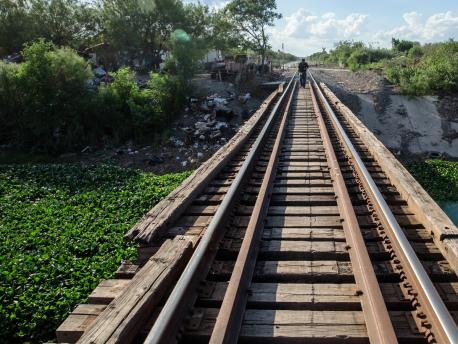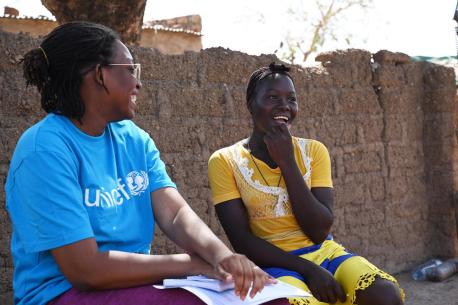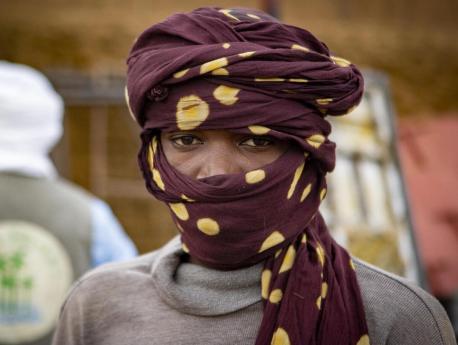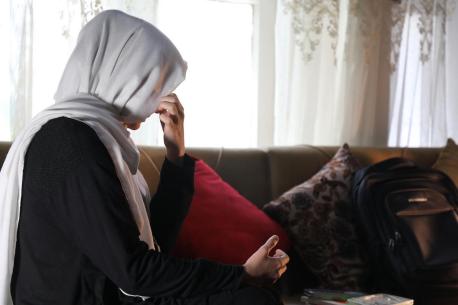
Afghanistan's Girls Need To Be in School
Hundreds of thousands of teenage girls remain barred from the classroom in Afghanistan, where schools reopened two days ahead of schedule on March 21. UNICEF is calling on de facto authorities to allow girls to return to high school immediately.
Schools in Afghanistan reopened their doors on March 21, but hundreds of thousands of girls in grades 7 through 12 are still unable to return to class.
“It’s deeply disappointing to learn that, once again, the de facto authorities in Afghanistan have prevented girls from attending secondary school," said UNICEF Executive Director Catherine Russell. "This unjustified and shortsighted decision has crushed the hopes and dreams of more than one million girls, and marks another grim milestone in the steady erosion of girls’ and women’s rights nationwide."
Afghanistan is the only country in the world where girls are prohibited from going to high school and university.
“Girls across Afghanistan have been denied their right to learn for over three years — first, due to COVID-19, and then because of the ban on attending secondary school," Russell said. "The cumulative impact of these absences is taking a terrible toll on girls’ mental health, overall well-being and on their futures."
Shattered dreams for Afghanistan's girls
In Kabul, a 16-year-old shared her frustration: "Schools were closed before because of COVID-19, but that did not hurt as much as it hurts now that we are not allowed to study while the boys our age and grade are. This is not fair."
Another girl echoed her disappointment: "Going to school is the light of life. If we don’t go to school, our lives will be dark."
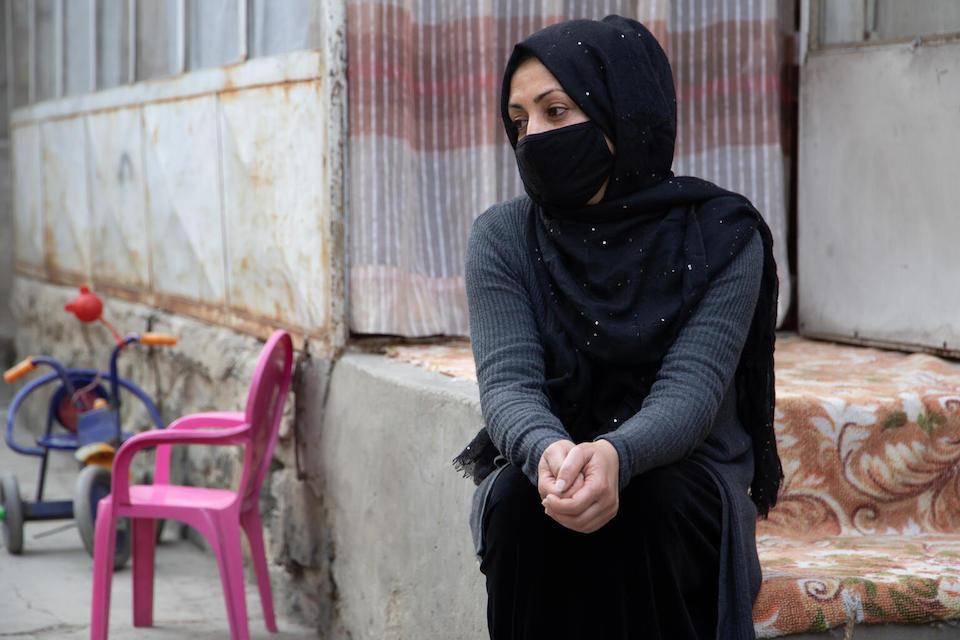
Maryam*, the mother of two daughters, taught at a boys' high school in Kabul for 14 years before being reassigned when the Taliban took control. "They demoted me to teaching primary school since they did not want women teaching secondary school-aged boys," she said.
"It is not that teaching primary school isn’t important, but I am highly qualified," she said. "Some of my peers who were also demoted have a master’s degree. Now we are teaching first grade. This is also difficult because it is not my area of expertise; I teach geology."
"The girls here just have a simple wish: That the schools will reopen and that they can pursue the careers they are interested in."
Girls in Maryam's neighborhood stop her and ask when they will be allowed to attend school again. "Sometimes I feel I am giving them false hope, telling them to be optimistic, but I cannot tell them anything concrete," she said.
"The girls here just have a simple wish: That the schools will reopen and that they can pursue the careers they are interested in. Even my own girl, she wants to be a pilot. But I am not sure she will be able to go beyond grade 6 and achieve that dream.
"When the Taliban first came to power in 1996, I was in grade 4. The schools were closed down, and I had to wait five years before I could go back. So I know exactly what these girls are going through. We are reliving that time again ... This takes away the meaning of life and hope for them."
Every girl and boy has the right to an education
Every child has the right to a quality education, as outlined in Sustainable Development Goal 4. Preventing girls from learning will have far-reaching consequences for Afghanistan's economy and its health system.
“UNICEF stands with every girl and woman in Afghanistan and calls on the de facto authorities to allow all girls to return to school with immediate effect," said Russell. "Girls must be allowed to continue their education, protect their mental health, and contribute to the future of their country.”
UNICEF and partners are working around the world to ensure that every child receives a quality education and the opportunity to reach their full potential. Your contribution can make a difference. Please donate.
* All names have been changed to protect the speakers' anonymity
